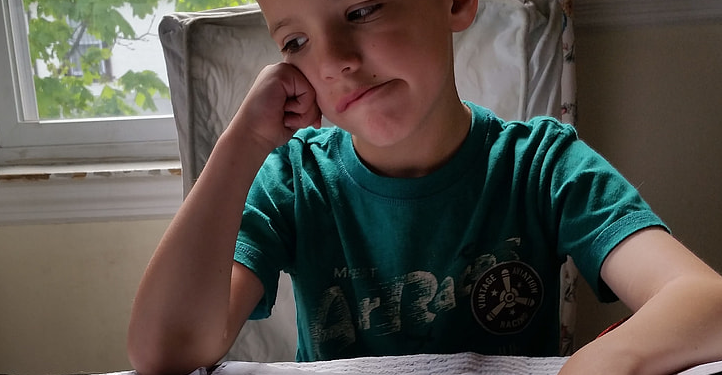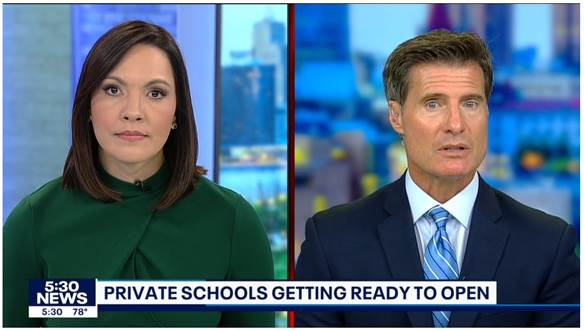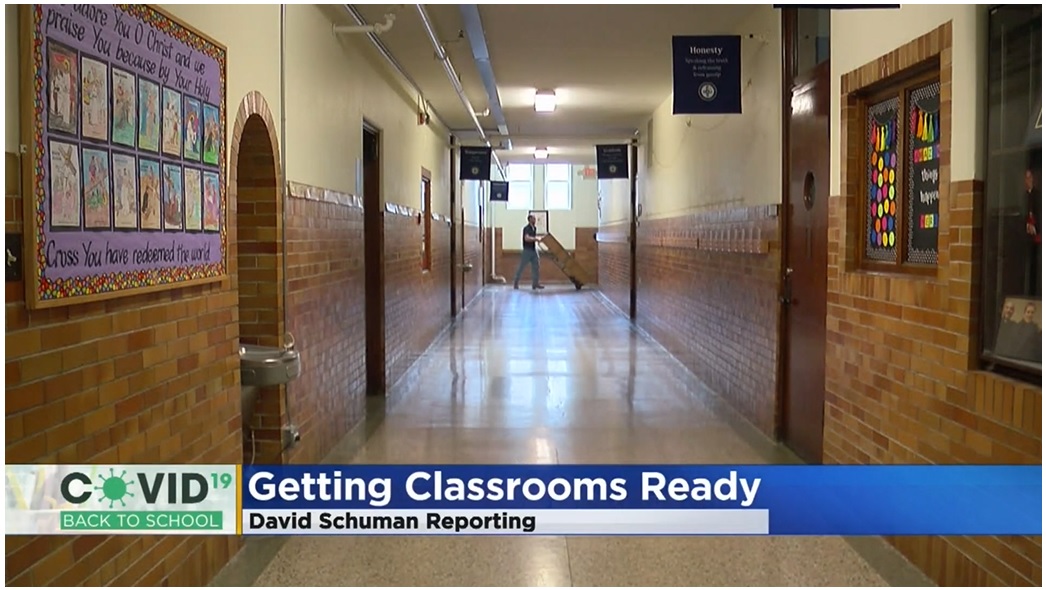The warning signs have been around for a long time. Most people ignored them or simply believed the problem was localized or blown out of proportion. Even now, to admit to such widespread failure is overwhelming; the implications are simply too enormous to conceive.
Back in 2014 when I read this teacher’s letter to the editor, I was taken aback. At the time, my focus was primarily on Minneapolis and St. Paul public schools and the problems there. Had she written about certain high schools in Minneapolis or St. Paul, I would not have been surprised. But this was a high school teacher from the suburbs – a suburb I lived in at the time.
Here is what Kim Dallas, at the time an English teacher at Rosemount High School in Rosemount, Minnesota, had to share with Star Tribune readers in 2014:
I teach high school English, and I am begging you to please read to your children. Read everything. Read baby books when they are babies. Read picture books when they are older. Ask your middle-schoolers to read street signs, billboards and marquees during every car ride. Ask your teenagers to read your water bills, junk mail, newspapers, magazines, recipes and catalog descriptions. Read everything like your life depends on it.
Why? Because your children can’t read.
We are in the midst of one of the greatest literacy crises ever encountered, and we are fighting an uphill battle. Every day I experience firsthand what it means to be illiterate in a high school classroom. At best it means sleeping away a unit; at worst it means depression or aggression. Average students with average abilities can fervently text away, but they cannot read.
Recently, I gave a unit test where students could use all their notes and their short story on the test (not my standard practice). The results: abysmal. I didn’t think the test was too difficult until I started doing some investigating and made a shocking discovery. They couldn’t even read the test. Don’t think it’s your child? Ask your high school teenager to define the following: superior, ridicule, flippant or mundane. Now imagine your child taking the ACT or SAT. Now what?
I teach nearly 200 high school juniors each day. If we give them all the same book to read, they often do not read it. Ask them why, and they say: ‘It’s boring.’ Translation? ‘It’s too hard.’ They also may say they have no time. As educators, we can only do so much with the limited resources we have. I understand I have an obligation to teach in an exciting and rewarding way, but my tech-savvy students are beating me down, and I need your help.
What can you do? Model reading in the home. Visit the library. Go to the bookstore. Share your reading experiences with them. Encourage them to read their assigned work. Offer your help with comprehension. If you struggle with reading, please share how you face this difficult challenge with success. They need your help. I need your help. To succeed in school, students must read on their own. Our future depends on it.
In 2014 Rosemount High School’s reading proficiency rate for sophomores was 70%. Only 30% were not proficient. Yet an English teacher at the same high school told us the problem is much larger with swaths of students “illiterate.”
What if they are? What if Kim Dallas was right and we’ve gone another decade ignoring the reality of illiterate high school students?
As of 2023, the reading proficiency rate for 10th grade students in the Rosemount-Apple Valley school district has fallen to 62% according to the Minnesota Department of Education.

As for those who are considered proficient, only 21% exceed expectations in reading. Meanwhile, 17% of students do not meet reading standards whatsoever. Are they functionally illiterate? We don’t know.

What we do know is that the graduation rate for Rosemount High School has been at least 91% for the last five years. Yet only 62% of sophomores are considered proficient in reading while 17% do not even meet any reading standards. The delta between the graduation rate and the proficiency scores should trouble all of us.
Around the state high graduation rates have masked the serious failures of the education system. Statewide, here are the gaps between 2023 graduation rates and the corresponding math and reading proficiency assessments of that graduating class in 10th and 11th grade broken down by race.

High graduation rates and inflated grades mask the very real reading and math crisis in our public schools. This shouldn’t have happened.
Parents entrust the system with the education of their children. Grades and graduations are two important tools parents use to determine whether their child is doing well in school. While schools regularly claim to want parents involved, the best way of doing so would be to make parents aware of how their kids are actually doing academically rather than just moving kids through a system on a conveyor belt.
Imagine if high school graduation required, with some learning-impairment exceptions, proficiency in reading. The graduation rate would be 58% across the state. Do you think there would be significant public outcry? You betcha.
Now imagine if graduating high school required math proficiency. The graduation rate would be 37%! You can bet the failures of the education system would be the only thing talked about.
Instead, the education system hides its failures by graduating kids who are ill-equipped for college or the working world. Unfortunately for far too many of those kids, they find out very quickly that they can’t read or write well, and math is beyond them. Their future is menial work or to pay for years of remedial education at the local community college. It’s an absolute injustice.
It’s time for us to be honest with ourselves. Based on the education system’s own measurements, it has completely failed except at one thing: Hiding the failure for decades with inflated grades that move kids through the system, whether they can read or not.
We have no choice but to confront this literacy crisis and do the hard work of repairing public education. While a worthy investment, that will take at least a decade. In the meantime, we need Education Savings Accounts to act as a relief-valve for the kids who are trapped in a failed system today. We can’t let this happen to another generation.
—
Image Credit: PickPik













![[downloaded during free trial]](https://oakmn.org/wp-content/uploads/2025/11/iStock-1430368205-120x86.jpg)